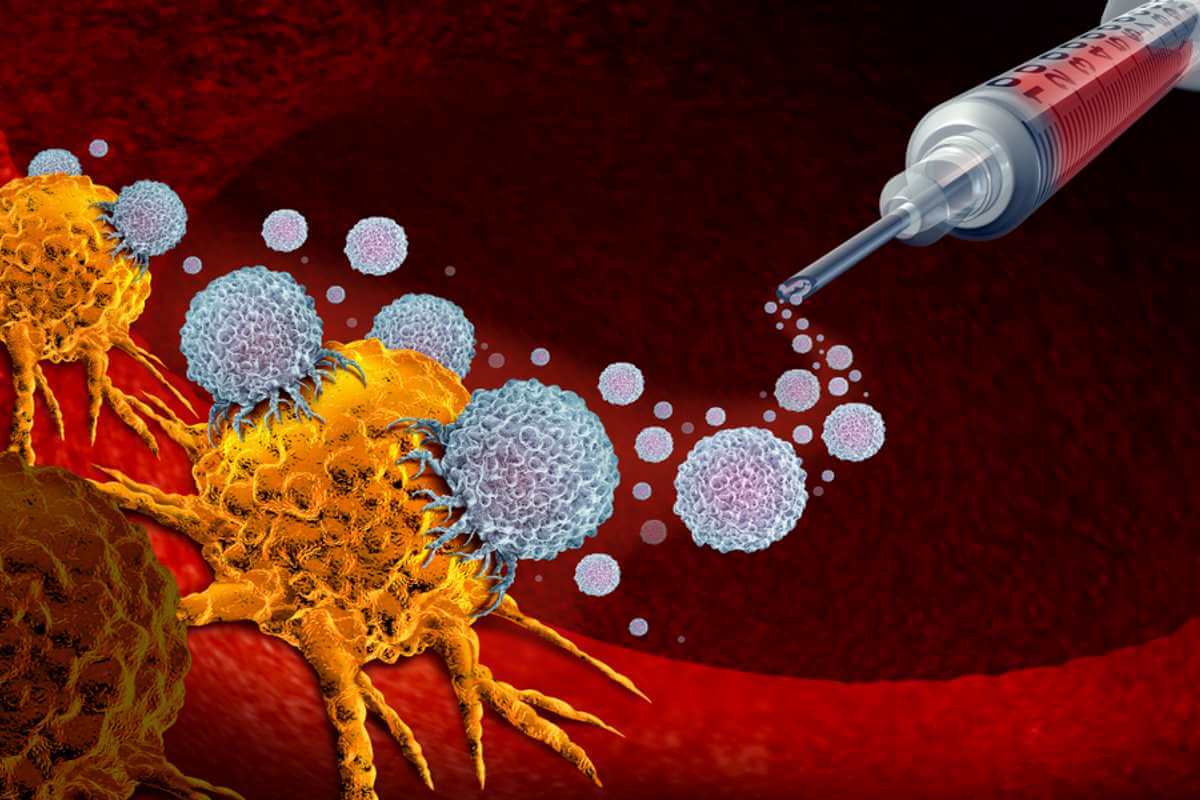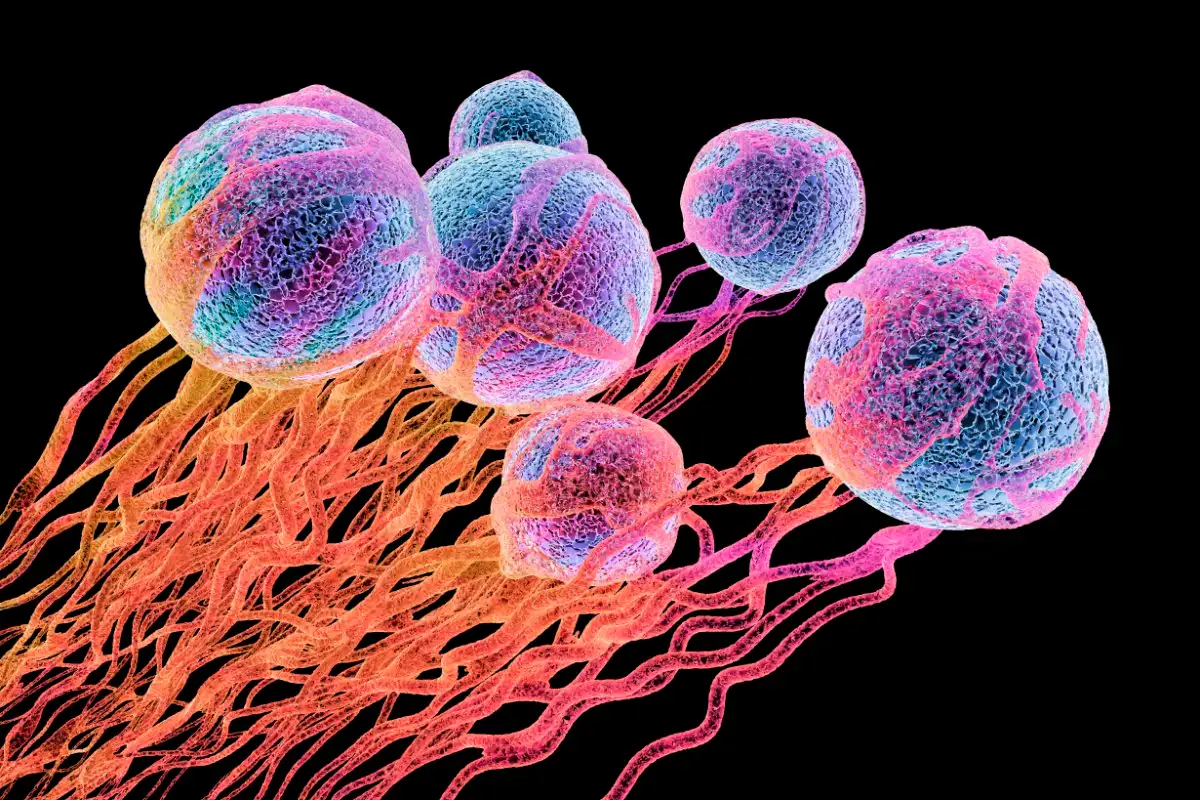Introduction
In the realm of medical research and advancements, few topics have garnered as much attention and hope as the search for effective cancer treatment. For decades, scientists and doctors have been tirelessly working towards finding a breakthrough that could revolutionize cancer care. In recent years, a new contender has emerged on the horizon: cancer vaccines. These innovative immunotherapies hold the potential to transform the landscape of cancer treatment and prevention. In this article, we explore the promise of cancer vaccines as the next big advance in cancer treatment.

Understanding Cancer Vaccines
When we think of vaccines, we typically associate them with preventing infectious diseases. However, cancer vaccines work differently. Rather than preventing cancer in healthy individuals, these vaccines aim to treat existing cancers by harnessing the power of the immune system.
Cancer vaccines are designed to stimulate an immune response against cancer cells. Cancer vaccines can be categorized into two primary types: preventive vaccines and therapeutic vaccines. Preventive vaccines target specific viruses known to cause certain cancers. Such as the human papillomavirus (HPV) vaccine which helps prevent cervical cancer. On the other hand, therapeutic vaccines are used to boost the immune system’s ability to recognize and destroy cancer cells in patients who already have cancer.
The Promise of Cancer Vaccines
Cancer vaccines offer several potential advantages over traditional cancer treatments like surgery, radiation, and chemotherapy. Here are some of the reasons why they hold such promise:
- Specificity: Cancer vaccines can be tailored to target specific types of cancer cells or antigens. This specificity minimizes damage to healthy cells and reduces the side effects often associated with conventional treatments.
- Immunological Memory: Vaccines have the potential to create long-term immunological memory, meaning the immune system can remember and recognize cancer cells, providing ongoing protection against their growth or recurrence.
- Enhanced Effectiveness: By engaging the immune system, cancer vaccines can potentially enhance the effectiveness of other cancer treatments, such as chemotherapy or radiation therapy. This combination approach is known as immunotherapy and has shown promising results in clinical trials.
- Proactive Prevention: Preventive cancer vaccines can reduce the risk of certain cancers by targeting the underlying causes. For instance, the HPV vaccine has been instrumental in preventing cervical cancer caused by the human papillomavirus.

Recent Advances and Successes
The field of cancer vaccines has witnessed notable progress in recent years, with some groundbreaking developments:
- mRNA Vaccines: The success of mRNA vaccines against COVID-19, such as the Pfizer-BioNTech and Moderna vaccines, has sparked interest in utilizing similar technology for cancer vaccines. mRNA vaccines can deliver instructions to cells, enabling them to produce specific cancer antigens that trigger an immune response against cancer cells.
- Personalized Cancer Vaccines: Researchers are exploring the development of personalized cancer vaccines that target specific mutations or proteins unique to an individual’s tumor. This approach, known as neoantigen vaccines, holds great potential for enhancing the effectiveness of cancer treatment.
- Therapeutic Vaccines in Clinical Trials: Several therapeutic cancer vaccines are currently undergoing clinical trials. For example, regulatory authorities have approved a therapeutic vaccine called Provenge for the treatment of advanced prostate cancer. Additionally, researchers are currently evaluating the safety and efficacy of other vaccines that target various types of cancer, such as lung, breast, and melanoma.
Challenges and Future Outlook
While cancer vaccines offer immense promise, several challenges need to be overcome before they become widely available:
- The complexity of Cancer: Cancer is a complex disease with various subtypes, each requiring a different approach. Developing effective vaccines for all types of cancer poses a significant challenge.
- Immune Evasion: Cancer cells can evolve and develop mechanisms to evade the immune system, making it difficult for vaccines to elicit a robust response. Overcoming these immune evasion strategies is crucial for the success of cancer vaccines.
- Cost and Accessibility: Developing and distributing vaccines can be expensive, making it necessary to address cost and accessibility issues to ensure widespread adoption.

Conclusion
cancer treatment vaccines represent a promising frontier in the battle against cancer. They have the potential to revolutionize treatment approaches, enhance patient outcomes, and reduce the burden of this devastating disease. While challenges remain, ongoing research, clinical trials, and breakthroughs in immunotherapy are paving the way for the next big advance in cancer treatment. As we continue to unravel the complexities of cancer. It is increasingly evident that the future of cancer care might lie in the power of the immune system. And the development of effective cancer vaccines.
Source By-https://en.wikipedia.org/wiki/Cancer_vaccine


